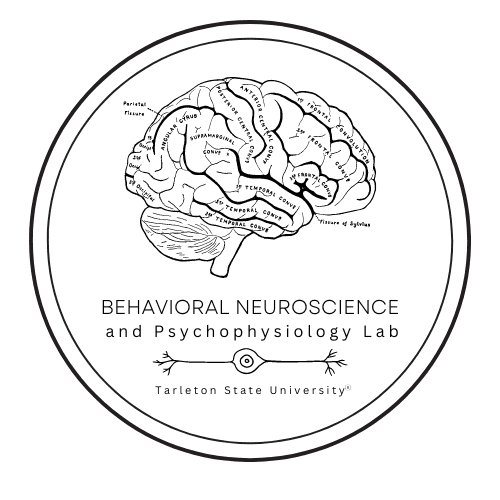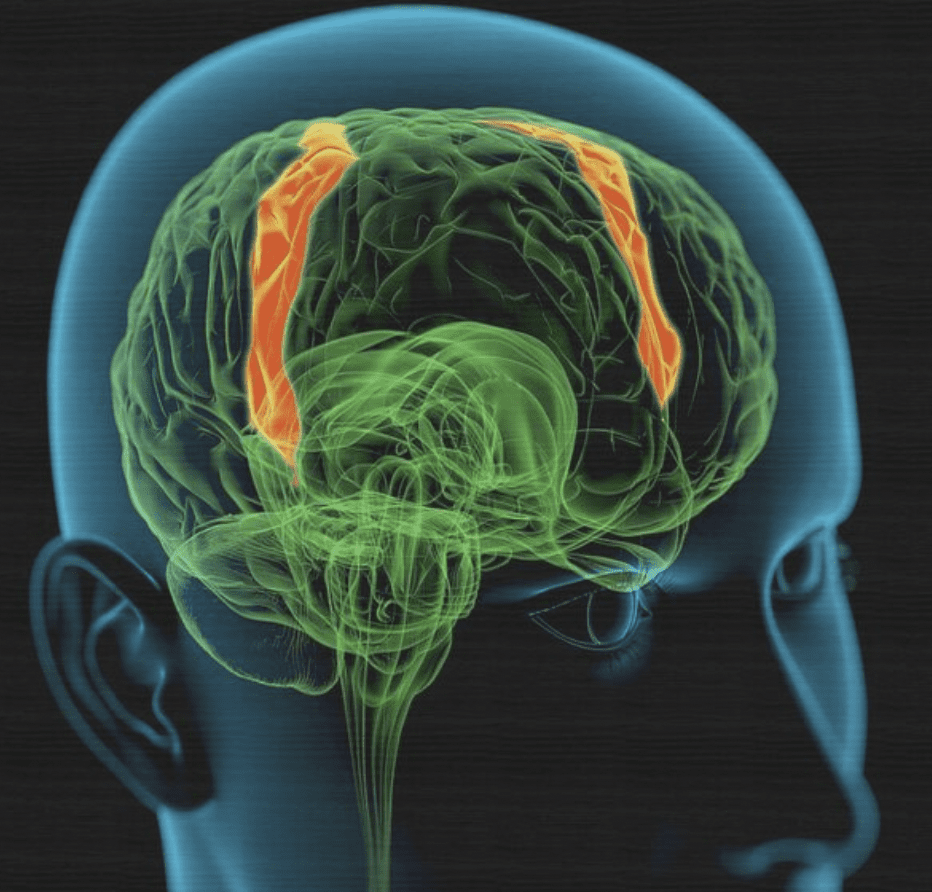Department of Neuroscience Research
Research in the Department of Neuroscience spans topics such as understanding pain processing in the nervous system, investigating the peripheral and central mechanisms associated with human movement, and exploring the interactions between the sensory and motor mechanisms of the nervous system. Utilizing state-of-the-art equipment, including (but not limited to) various neuro-imaging techniques, the goal is to equip our students to lead studies and effectively communicate findings in various scientific mediums.

The Behavioral Neuroscience and Psychophysiology Lab
Dr. Amber Harris Bozer
The Behavioral Neuroscience and Psychophysiology lab investigates research questions about the brain, cognition, and behavior. The primary research focus is the investigation of pain in the nervous system using behavioral neuroscience and electrophysiology.

Human Performance Laboratory
Dr. Micheal Luera
The Human Performance Laboratory investigates neuromuscular and biomechanical responses and adaptations to exercise, fatigue, and sport performance. Utilizing state-of-the-art equipment, the lab studies peripheral and central mechanisms that are associated with human movement to help illustrate changes in skeletal muscle morphology and cortical activity.

The Sensory-Motor Neurointegration Laboratory (SMN)
Dr. Jesús Hernández-Sarabia
The Sensory-Motor Neurointegration Laboratory (SMN) investigates the interactions between the sensory-motor nervous system and the musculoskeletal system in neurotypical and neurodivergent populations. We investigate the neural mechanisms that enable sensory-to-motor transformations for purposeful movements and examine the impact of exercise on these mechanisms. Our lab employs a range of powerful, non-invasive experimental techniques, including brain imaging, peripheral nerve stimulation, and electromyography.